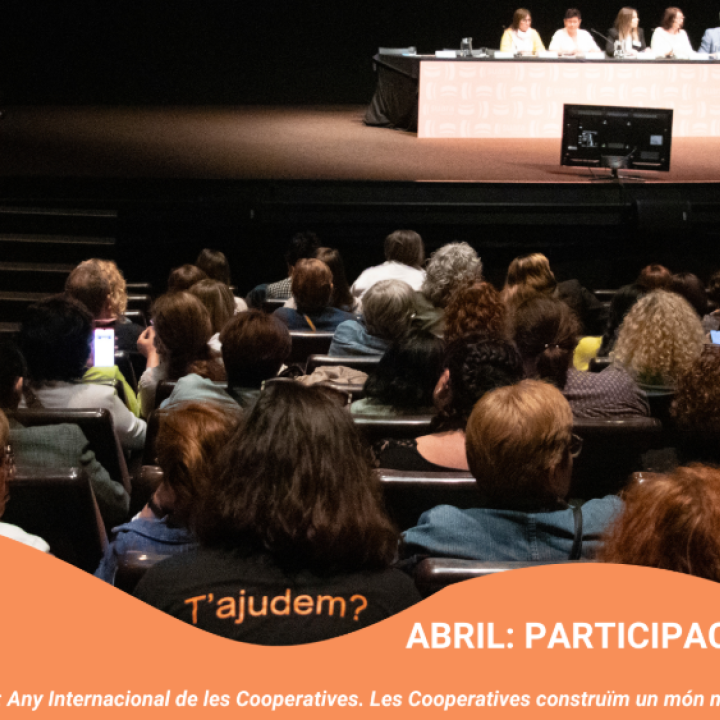Suara Cooperativa and the startup AcceXible have launched the pilot test of a tool that, through artificial intelligence, analyzes people's speech to provide an immediate view of their emotional and cognitive state.
The procedure is simple: a person is asked a question and their response is recorded for 60 minutes and, subsequently, the artificial intelligence analyzes their speech. In that context, vocal markers can reveal subtle changes in a person's mood or show signs of cognitive decline.
This information is crucial in monitoring cases of mental and emotional health disorders, since it allows workers in the health sector to adapt their interventions to provide the most appropriate support to each person served.
For the moment, a first pilot test has been carried out with the people who work in the different services of Suara Cooperativa, as explained by the organization's communications and marketing director, Dúnia Roselló, in the round table “Artificial intelligence for better social action”, organized by the Third Sector Roundtable, through m4Social, at the Mobile World Congress. 91% of the people who participated in this first test agree with the results that the machine has obtained about their emotional state.
One of the places where, without a doubt, this technology can bring more benefits is in residences, as it will allow a first exploration of the cognitive state of the people who enter. This will make it possible to offer them more personalized attention appropriate to the situations or needs of each of them. Subsequently, you can continue to be tested periodically to monitor your cognitive evolution. In this way, if changes are recorded, it can be prevented or intervened early in possible cases of cognitive deterioration.
Thus, this technology makes it possible to offer more precise, personalized and compassionate support to those people with emotional or cognitive problems, which is why it can be a very useful tool for all those entities or organizations that work in the third sector, in residences or in the scope of care.



